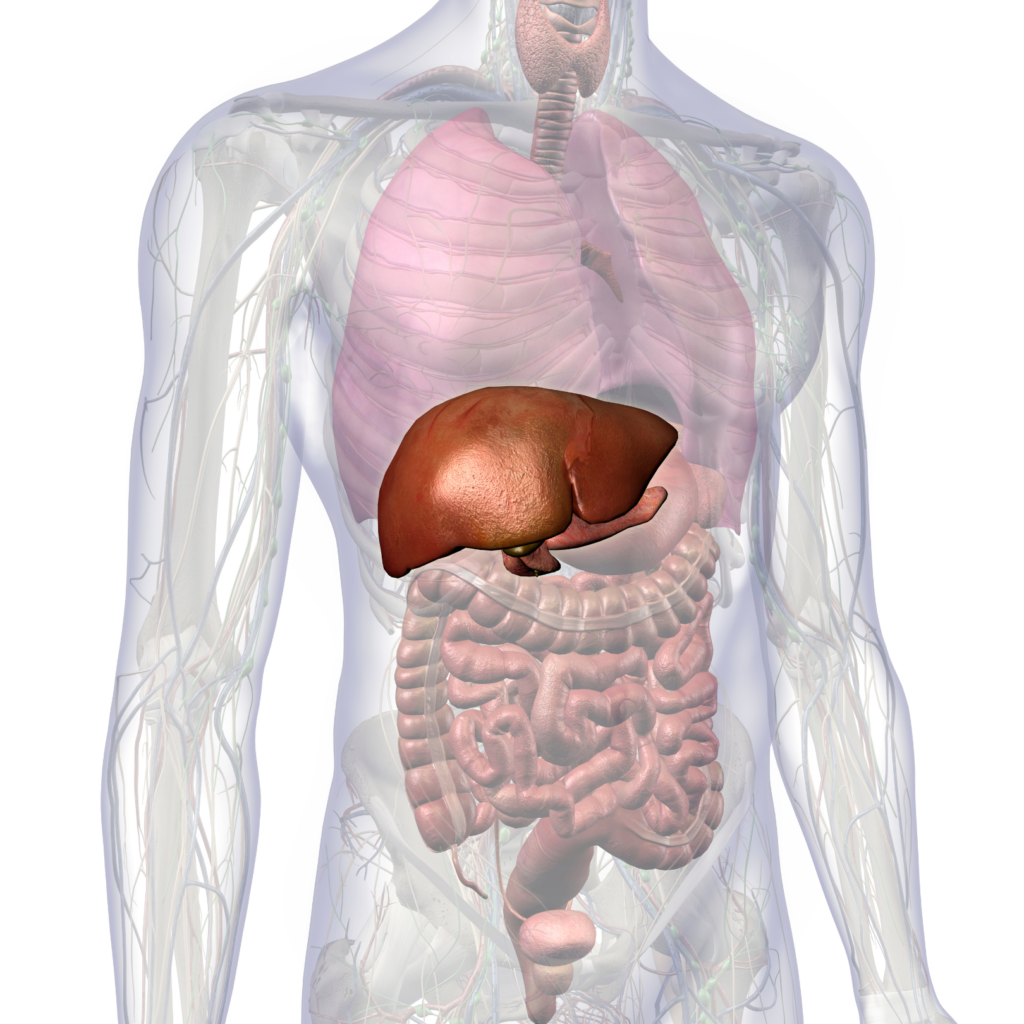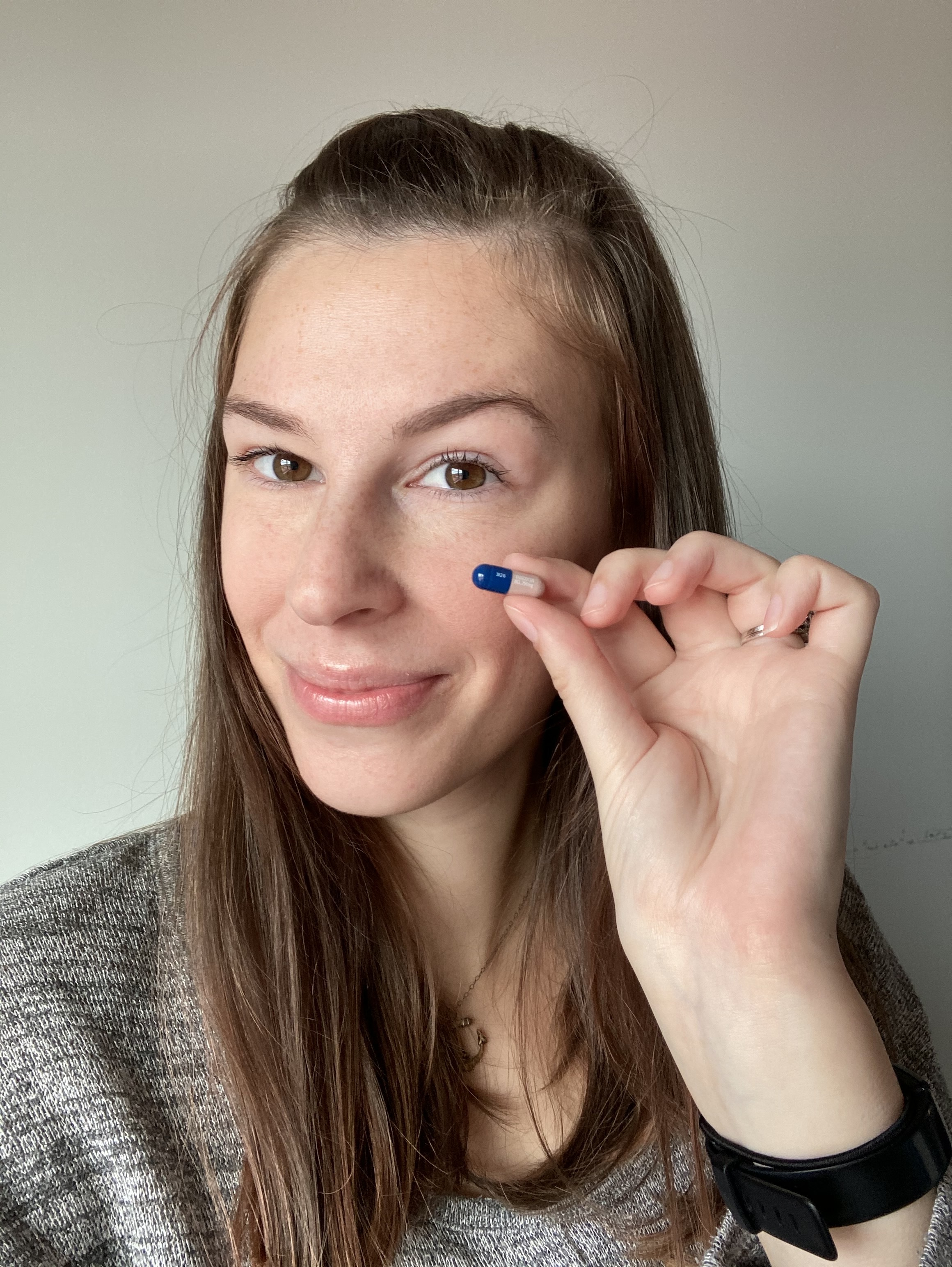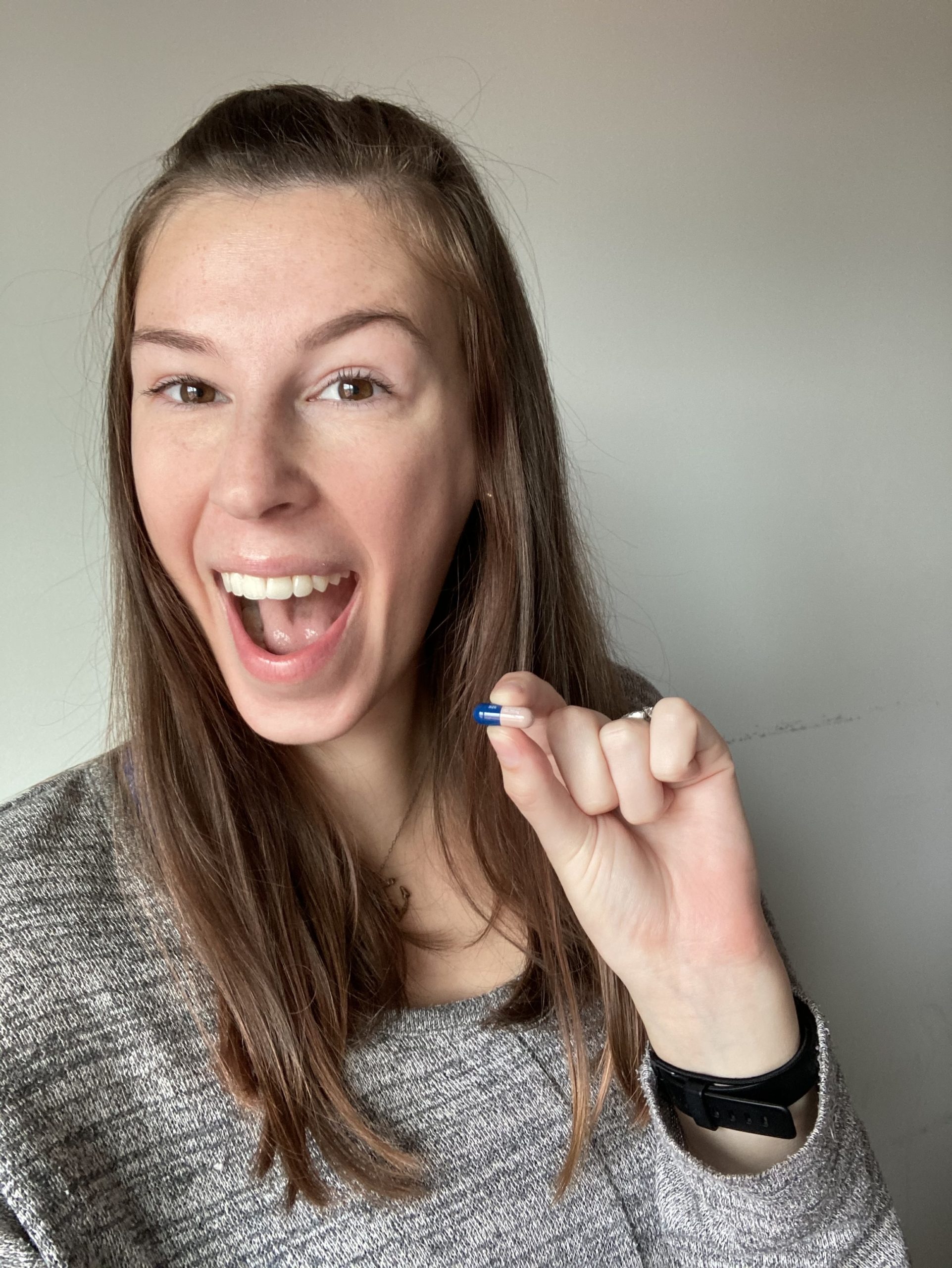What is PSC?
Primary sclerosing cholangitis, or PSC for short, is a rare, autoimmune, non-alcohol-related, progressive liver disease that attacks the bile ducts inside and outside the liver.
Your bile ducts transport bile (a fluid that helps digest food) from the liver to the intestines. When the ducts are inflamed, they can’t work properly; this leads to narrowing and scarring of the ducts, which can eventually lead to blockages.
Blockages trap bile inside the liver, which further progress the disease toward fibrosis (early stages of scar tissue) and cirrhosis (severe scar tissue and impaired functions) of the liver. This leads to liver failure and transplant.
PSC affects only 1 in every 10,000 people worldwide, and about 30,000 Americans live with PSC. It is a rare disease, as a rare disease is considered a condition that affects fewer than 200,000 people in the United States at any given time.

What Are the Symptoms of PSC?
- Pain near the liver behind the ribs
- Elevated liver numbers
- Intense itching (pruritus) anywhere on the body. (This is caused by bile acids entering the bloodstream. It is technically your blood that is itchy).
- Vomiting
- Fever
- Chills and night sweats
- Cholangitis attacks (bacterial infection in the bile ducts)
- Jaundice (yellowing of the skin)
Some people have no symptoms at all, particularly in the early stages.
Additionally, if you have inflammatory bowel disease, another sign you might have PSC is when you lose response to your IBD meds, both oral and biologic. Some patients lose response to their biologic without developing antibodies.
*If you have IBD and your GI is not regularly checking your liver numbers, ask them to do so. 80% of PSC patients have IBD, and the earlier you catch PSC, the easier it is to manage.

How Can You Treat PSC with Oral Vancomycin?
There are currently no FDA-approved drugs for PSC, however, oral vancomycin, when prescribed off-label, has been shown to be effective in many patients in stopping the progression of the disease.
Many patients on oral vancomycin experience elevated liver numbers returning to normal, alleviation of their symptoms, and the stopping or reversal of their liver fibrosis! Through these benefits, oral vancomycin shows promise in reducing or even avoiding the need for a liver transplant.
Oral vancomycin has several factors that affect its efficacy, so if you’re considering taking oral vancomycin, read the guidelines here.

Want to Learn More About Oral Vancomycin for PSC?
In this PSC Hub, you can read the research about oral vancomycin and PSC, learn how to access oral vancomycin if you’re having trouble with insurance or getting a prescription from your doctor, and read inspiring patient stories.
Pages to Visit Next

Vancomycin for PSC: How it works, efficacy factors, safety, side effects, and best practices

My PSC Story: From elevated liver numbers to liver biopsy to vancomycin prescription

PSC and Vancomycin Resources: Research papers, articles, videos, and more

Vancomycin Success Stories: Stories from PSC patients and their families

Accessing Vancomycin: Tips to getting a prescription from your doctor, receiving it at your pharmacy, and getting it covered by insurance

Get Involved: Projects I’m working on and what you can do to help